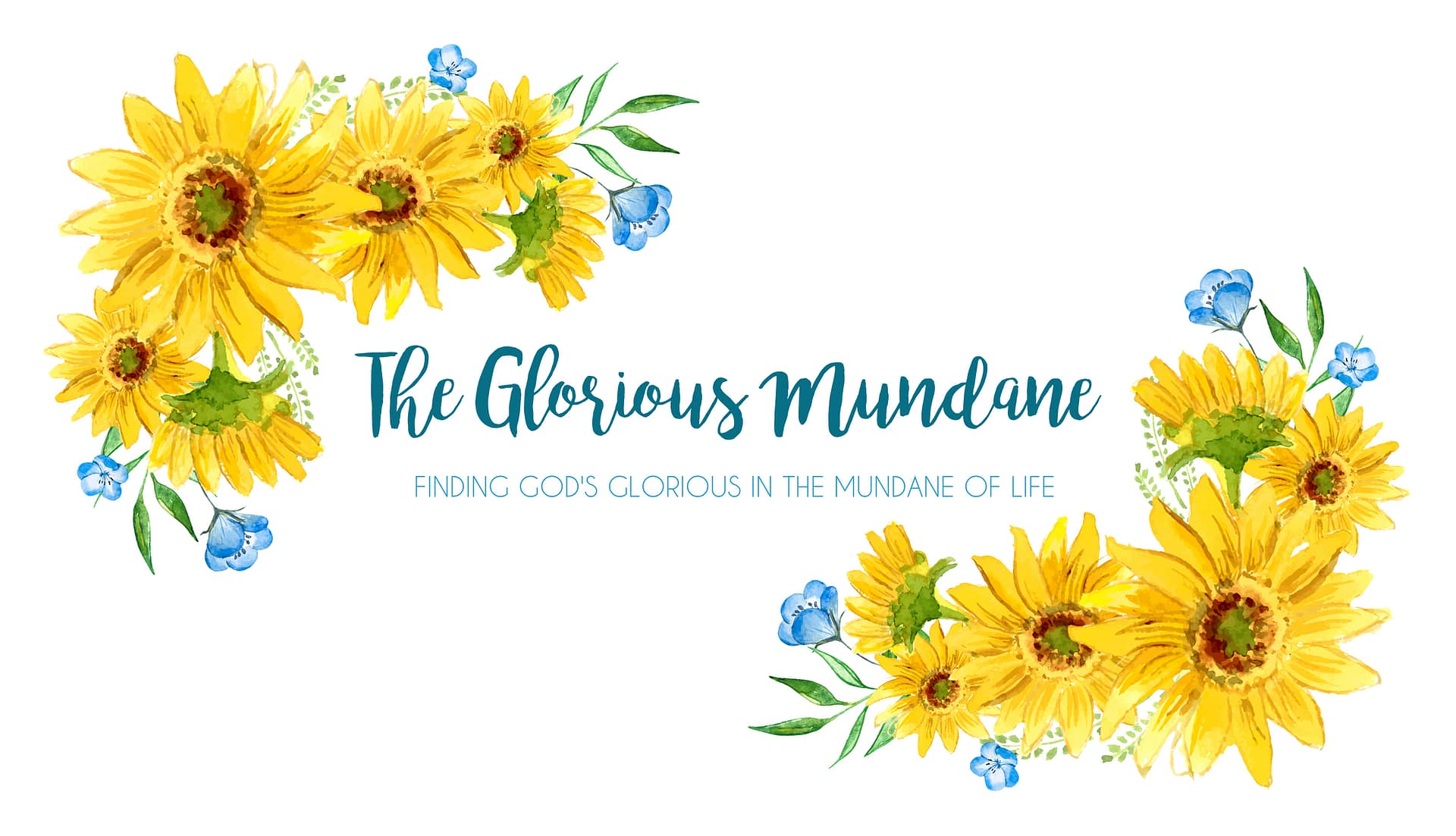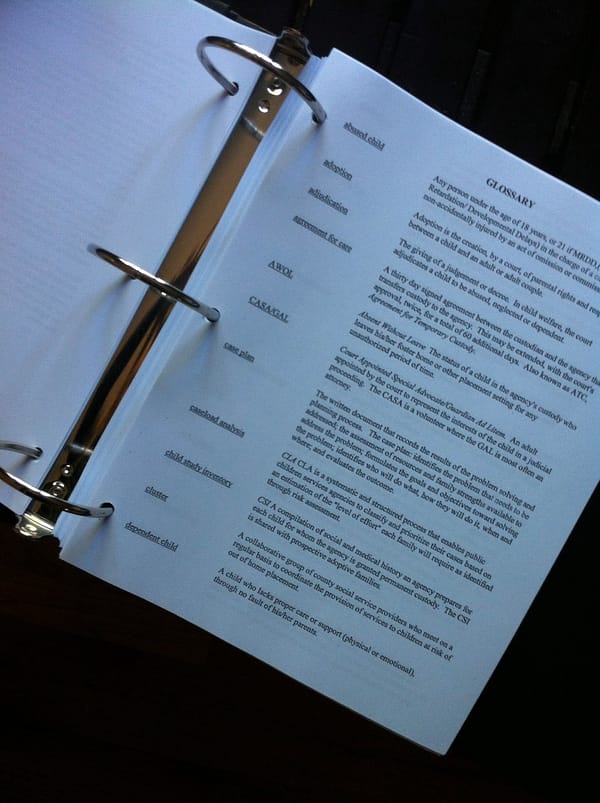I’m linking up over on Erin’s blog for their bi-weekly foster care/adoption posts.
Today’s prompt is all about language.
I’m totally new to the world of foster care, and I’ve never adopted. I do know 2 languages fluently and can get around in a 3rd, so I do know some things about language.
And let me tell you what…there is an entire language around foster care and adoption. And I’m just now starting to even grasp some of the terms. Here’s some examples:
This picture was taken straight out of the massive manual that we had to read and sign when we became foster parents.
And yes…I read the whole thing. Cover to cover. Theo on the other hand? He said, “Just tell me the important parts!” Haha. That pretty much describes our personalities!
I’m certainly not fluent, but I’m starting to learn the language.
But there is another aspect to every language in the world. It’s the unspoken rules, the parts of language that culture builds. Language and culture are so deeply intertwined and cannot be separated. I may study all the manuals in the world and learn every term there is to know about foster care and adoption, but until I’m in the thick of using that language…I don’t truly know the in’s and out’s of it. It’s the rules about what to say in a certain situation, which words are not appropriate to use around the biological parents (did I refer to them correctly?!?), which terms cannot be said around the child, which terms are offensive when someone asks in public.
My Mom recently wrote an interesting blog about the French language in the West African culture.
And I’m learning about the language of foster care within the context of the foster care culture. Like what’s appropriate to ask a caseworker or not to say at all. Or what’s an appropriate amount of information to give the birth mother about my own family. Or what’s a gentle way to turn away the curiosity of a stranger. Or even a non-stranger. I’m learning terms to say that help explain the situation without giving out information. I’m learning how to respect the birth family and our foster children by keeping my mouth shut and not speaking at all. I’m learning how to use my words to inform those around me of the struggles, the battles, the joys and the journey as a whole.
I’d love to have a conversation with you about foster care. Maybe it will be a conversation that you are teaching me what you know. Or maybe it will be a conversation that I am teaching you what I know. Have the conversation. Start learning the language.
And as another note…let’s remember to give grace. Some people do indeed say the stupidest things and ask the dumbest questions. Some people are downright rude and there is no excuse for that. But perhaps they just don’t know. Perhaps their question is out of curiosity, and they genuinely want to learn more. Remember, fellow adoptive and foster parents..your answer can either turn them away or open up a conversation where they are able to learn more. And perhaps that person is me…saying something that I will later learn is the dumbest thing that caused more offense than help. And perhaps it’s you, asking a question to someone who speaks a different “language” or has a different “culture” than you.
Thanks for hosting the link-up, Erin! I strongly encourage my readers to stop by the other blogs that have linked up! It’s amazing what you can learn about another “culture” just from reading blogs!



Loved this part: “But there is another aspect to every language in the world. It’s the unspoken rules, the parts of language that culture builds. Language and culture are so deeply intertwined and cannot be separated. I may study all the manuals in the world and learn every term there is to know about foster care and adoption, but until I’m in the thick of using that language…I don’t truly know the in’s and out’s of it. It’s the rules about what to say in a certain situation, which words are not appropriate to use around the biological parents (did I refer to them correctly?!?), which terms cannot be said around the child, which terms are offensive when someone asks in public.” Thanks for joining the Link Up!
I love your approach of learning the lingo. It is like getting the textbook for a totally new lingo. Education takes awhile for all of us, so we need to be forgiving. Stopping by from the Adoption Talk Link Up where I am your neighbor!
I remember a manual that looked very much like that. We’e gotten away from it since our last adoption was finalized over two years ago but there was a period a of time that most of my conversations were completely undecipherable, I’m glad you joined the adoption talk linkup.